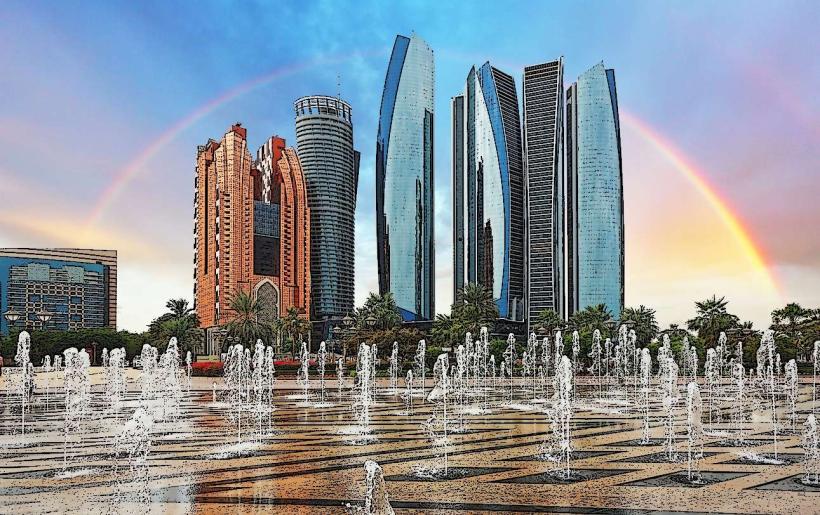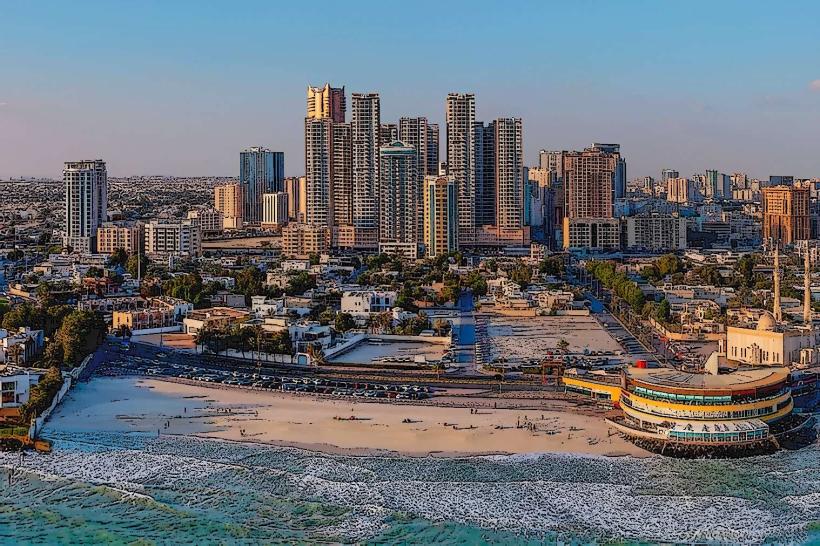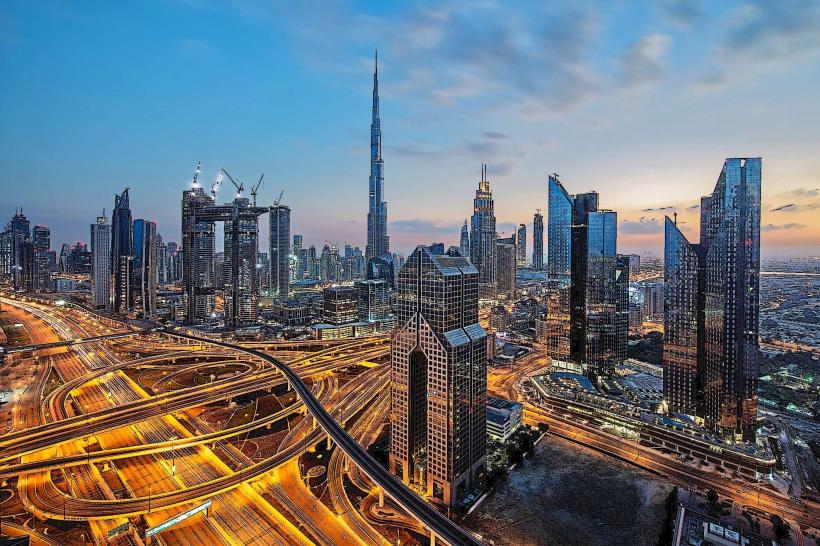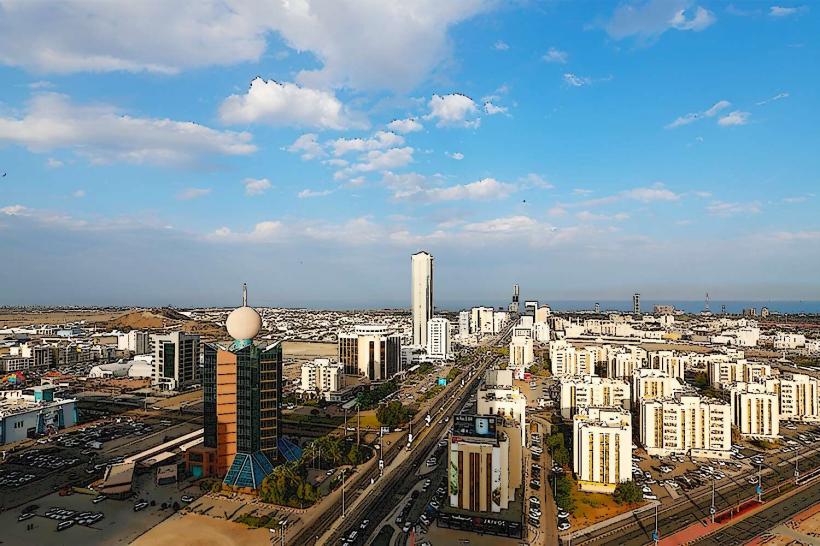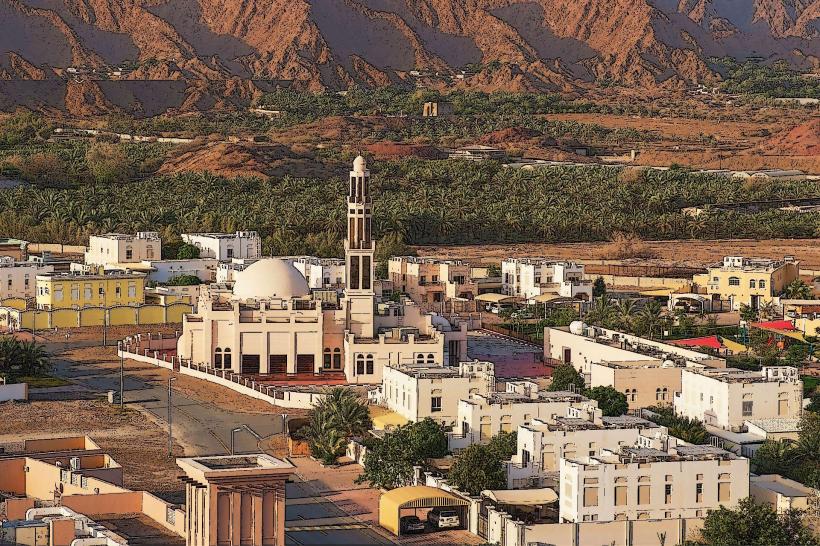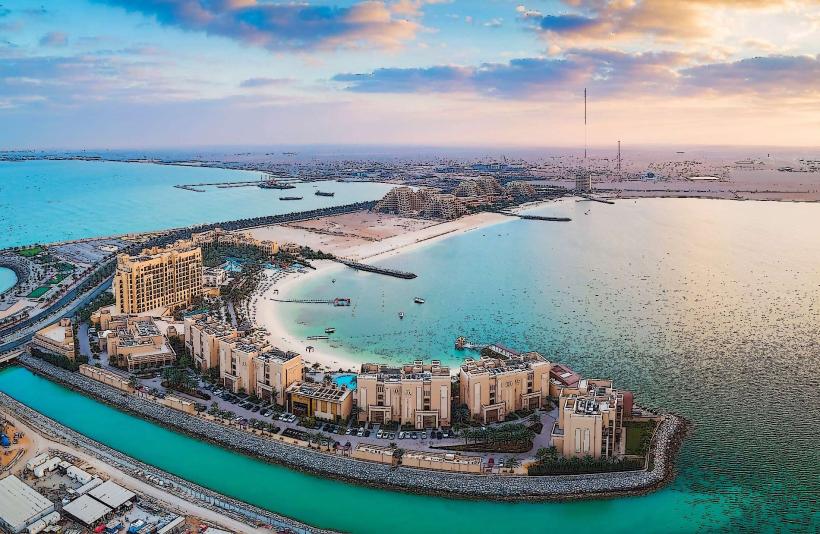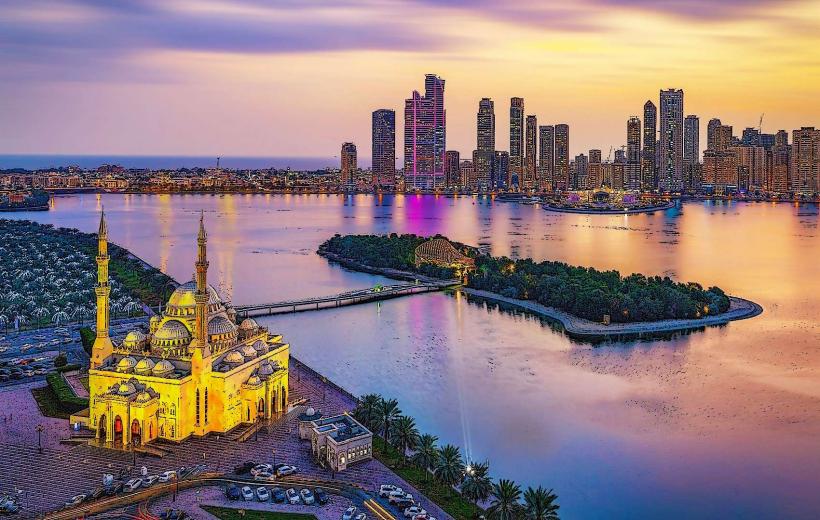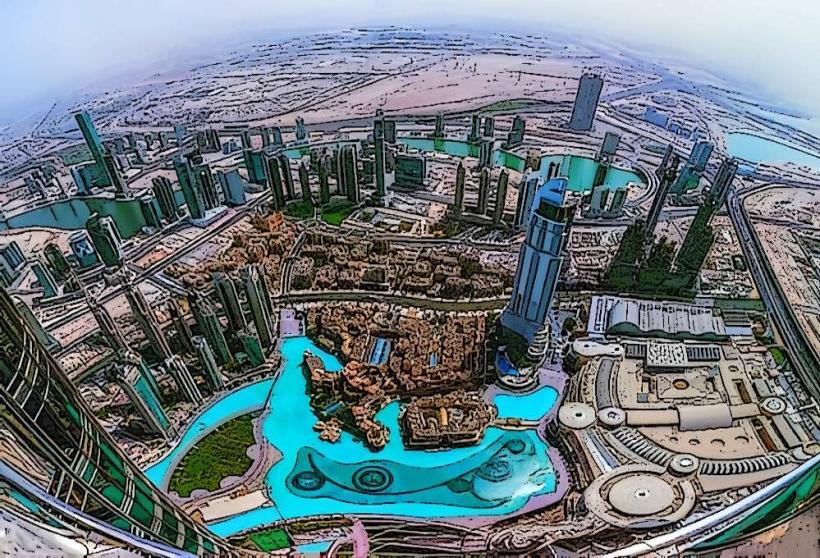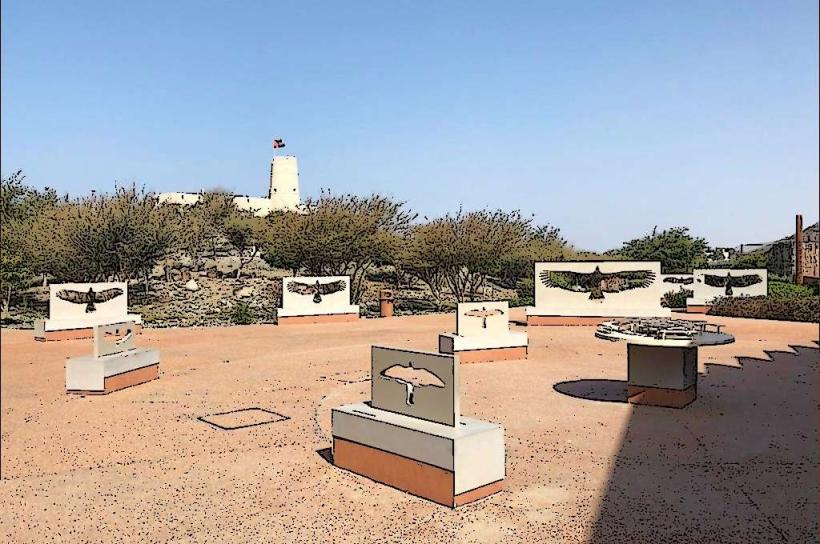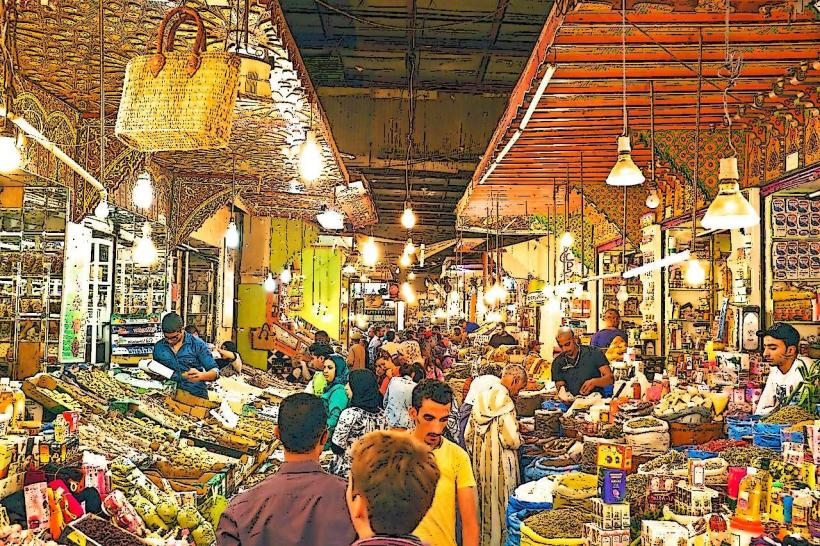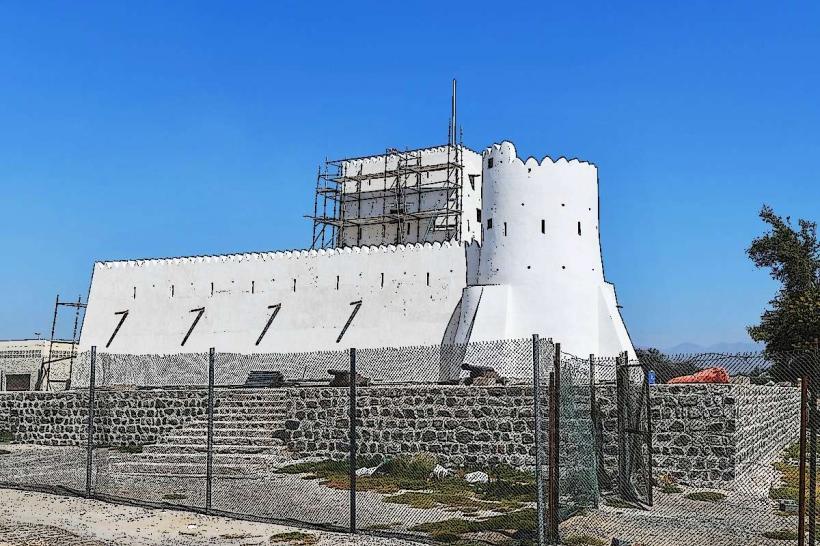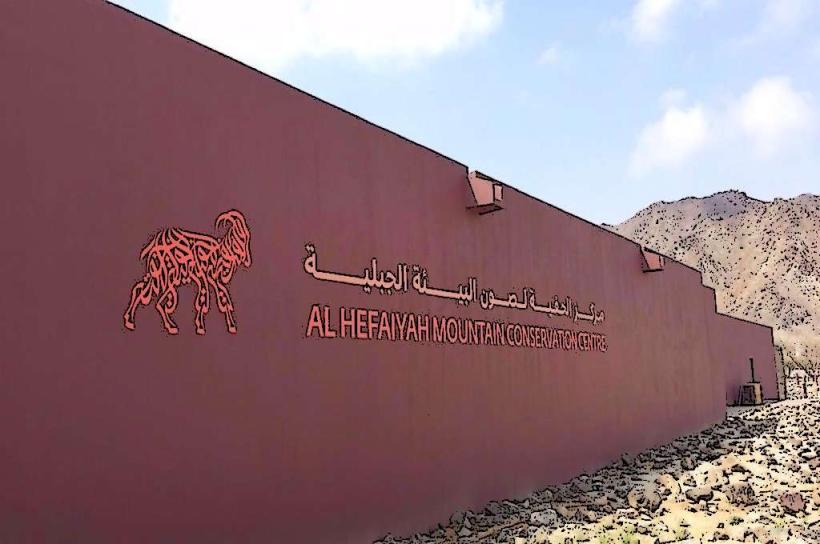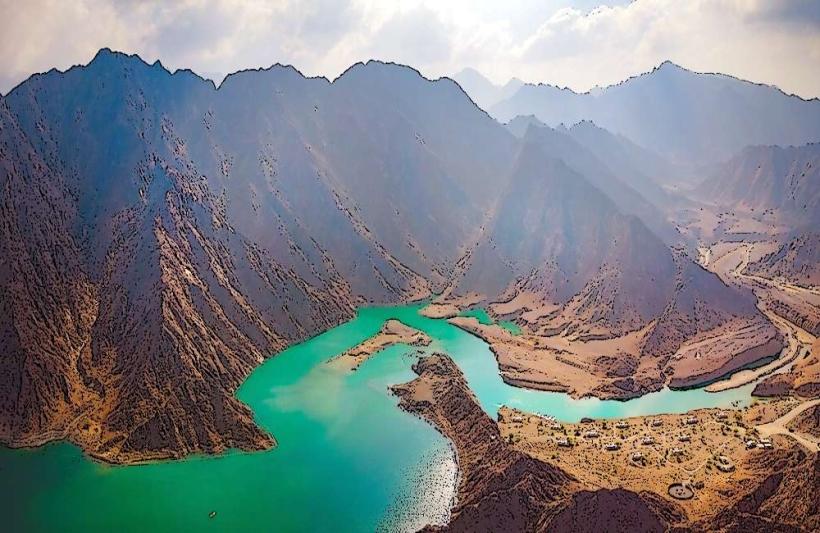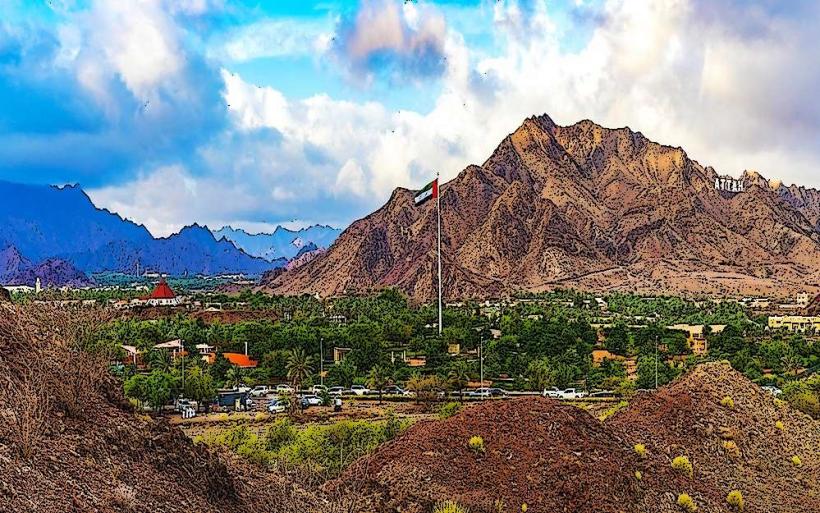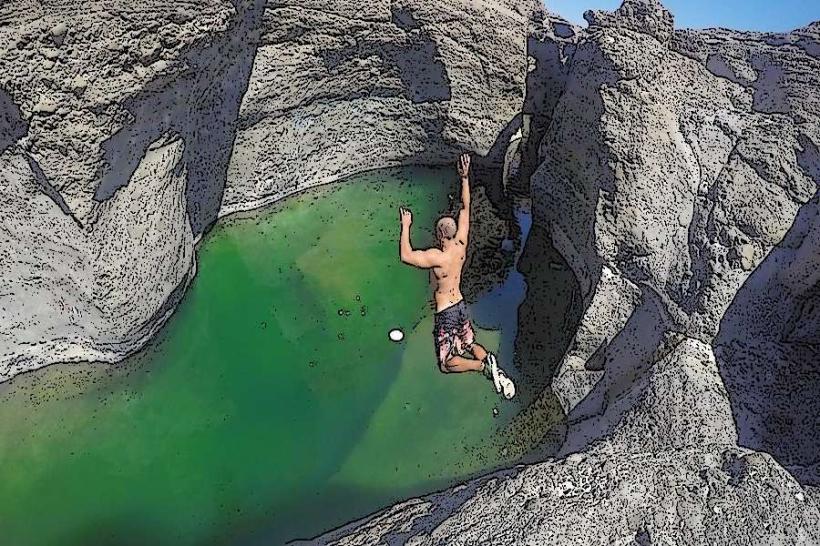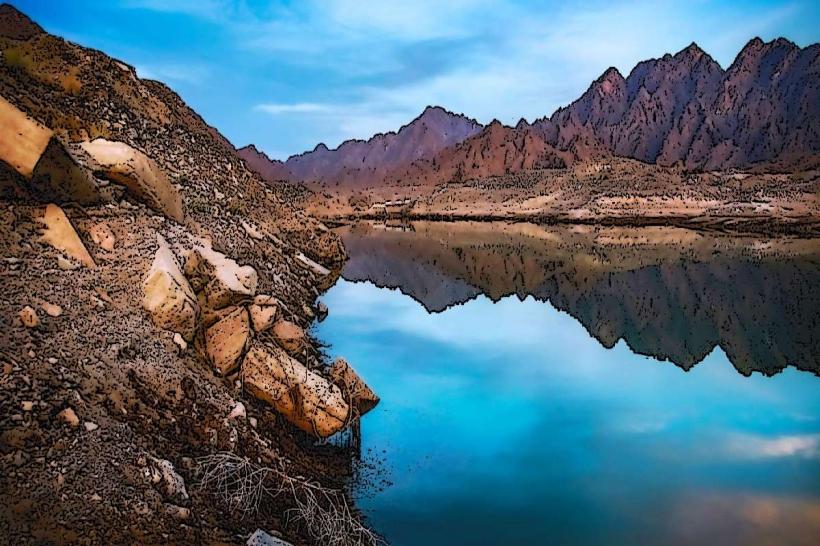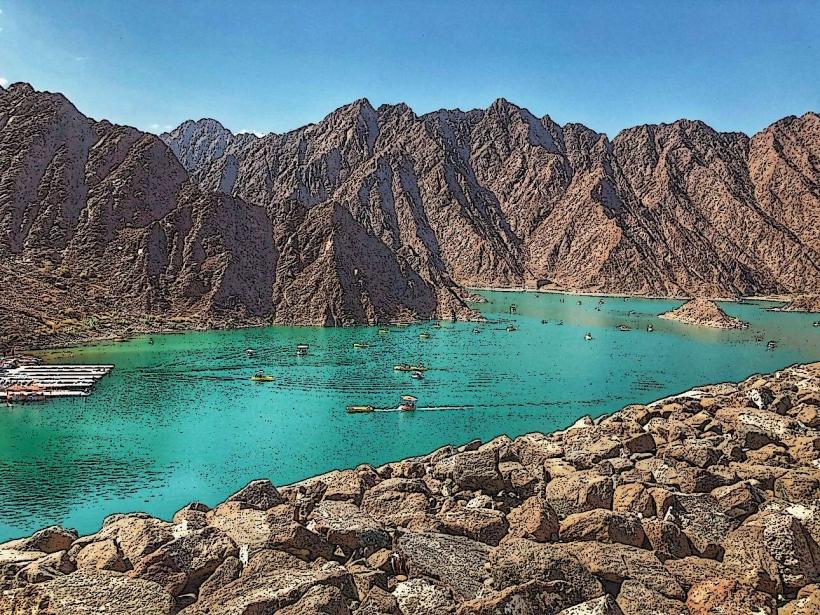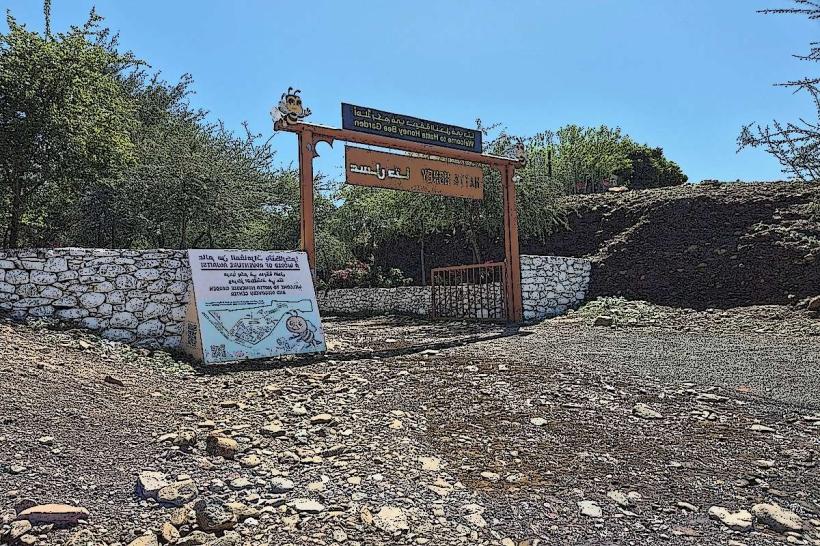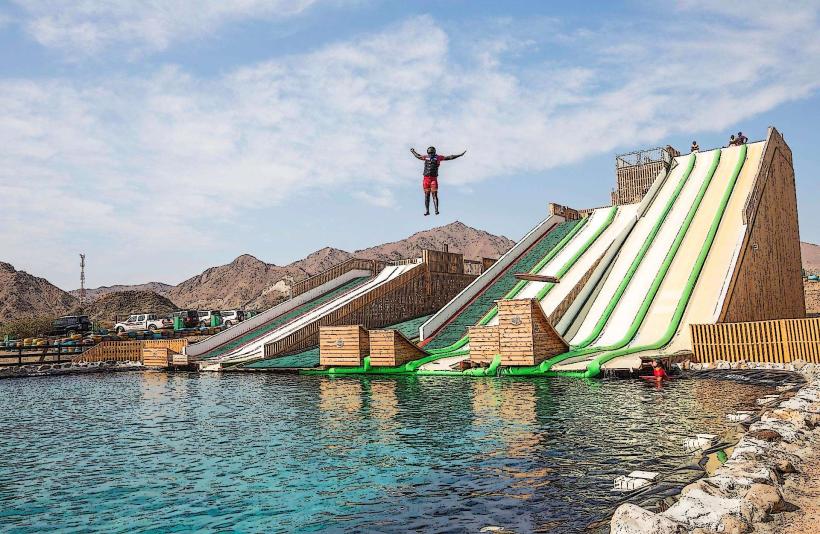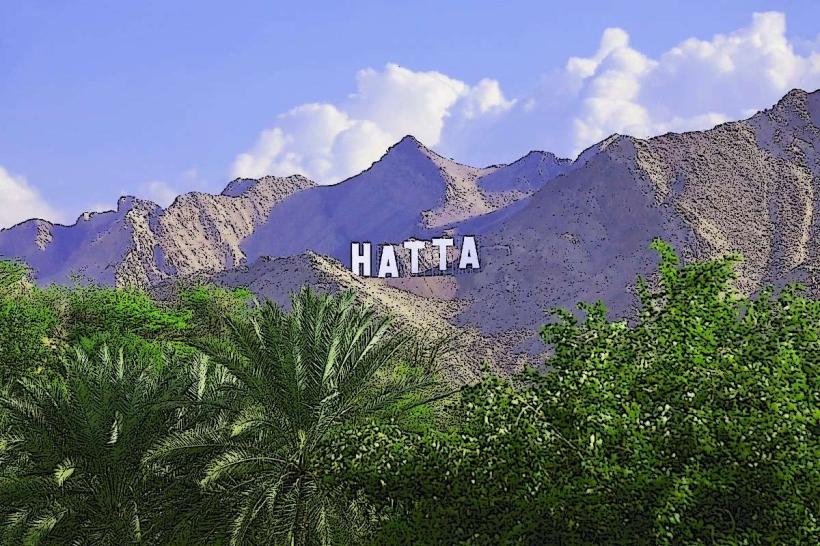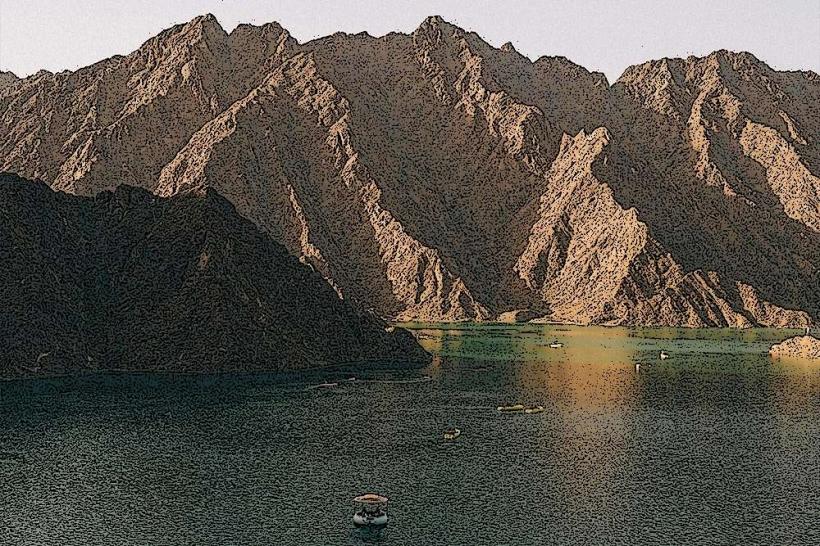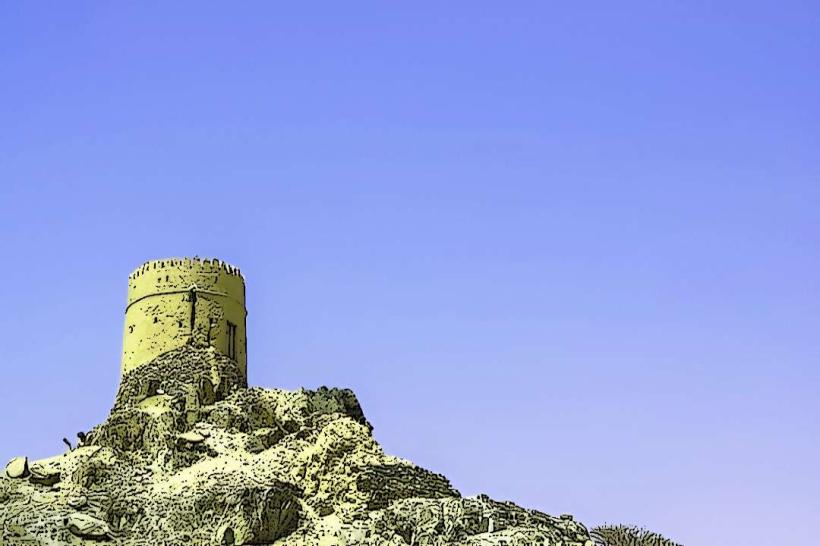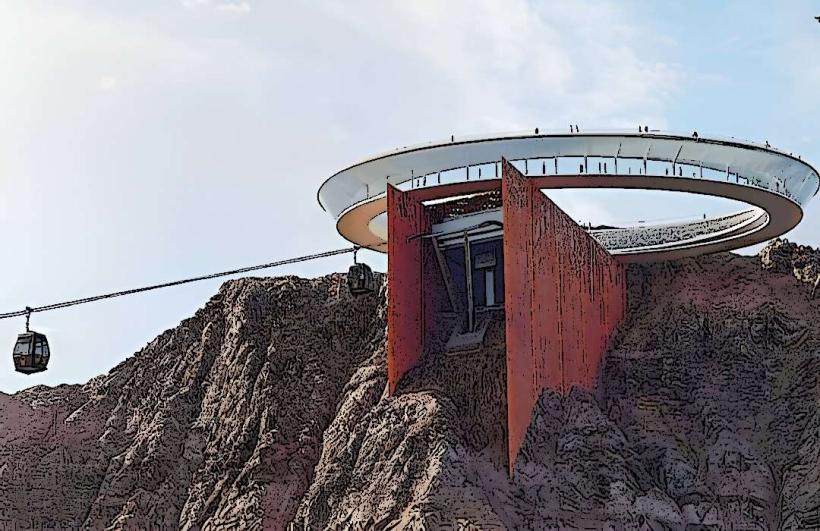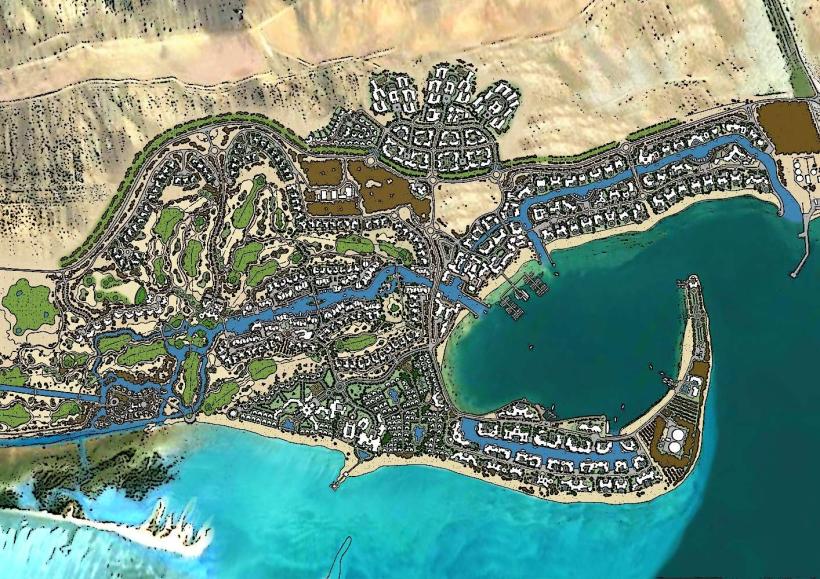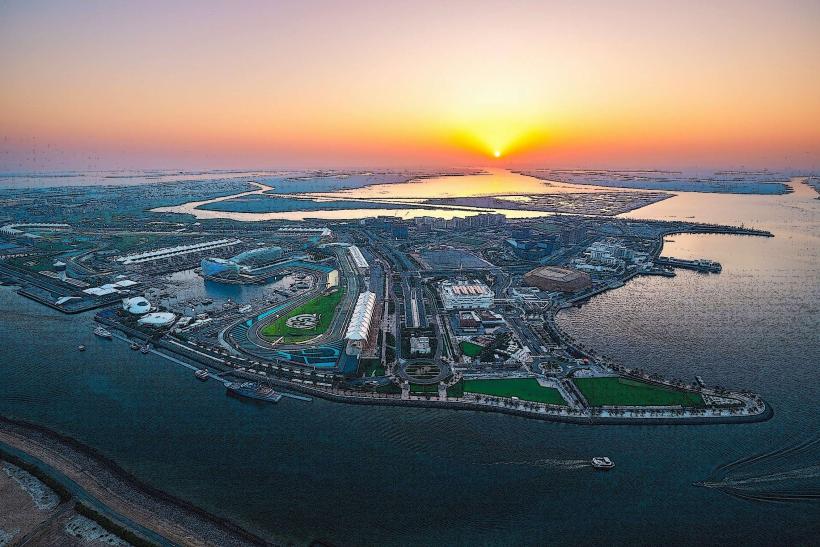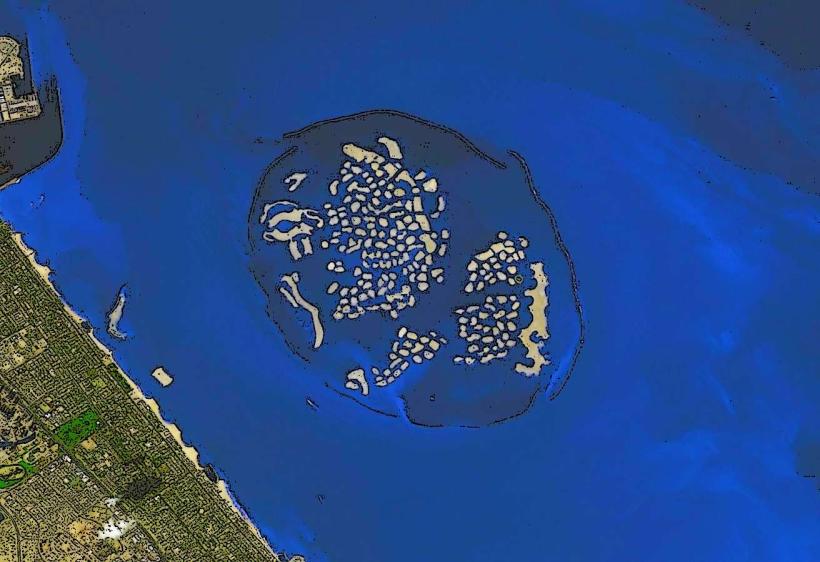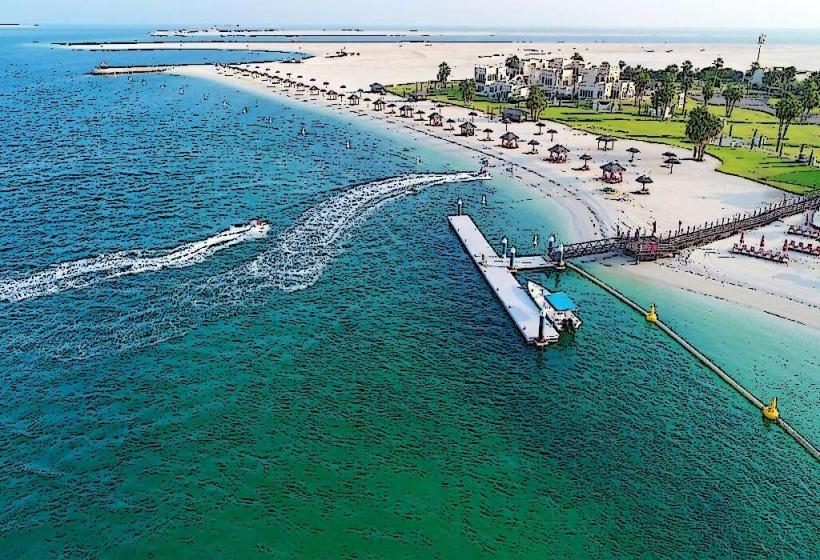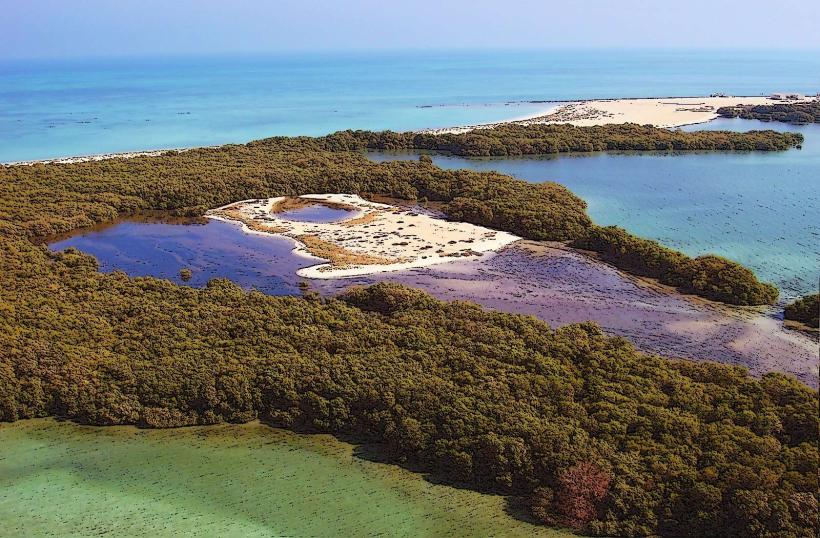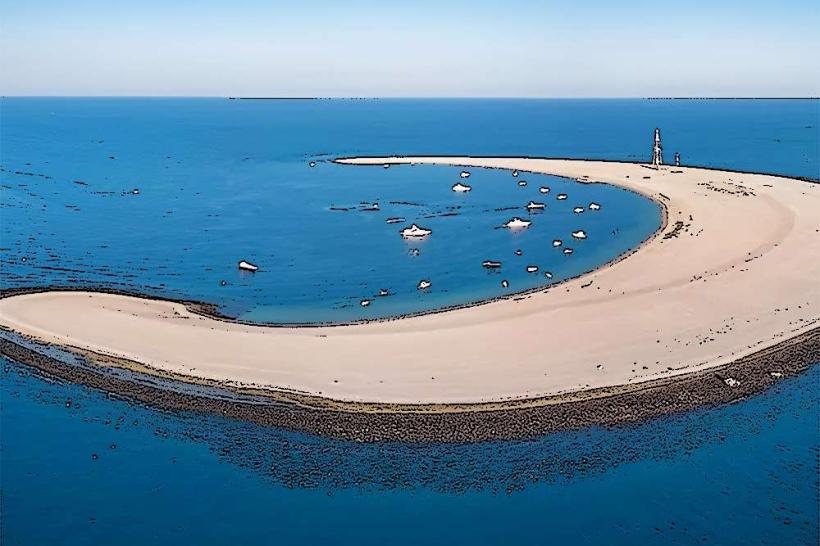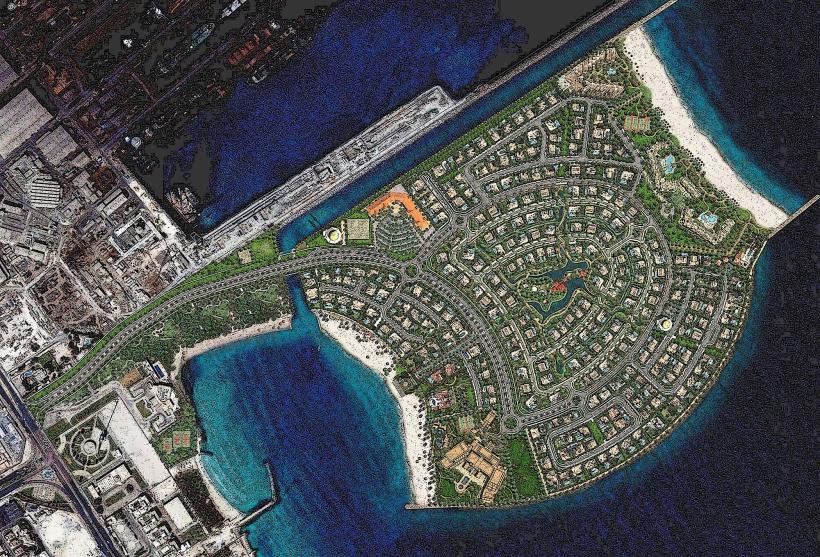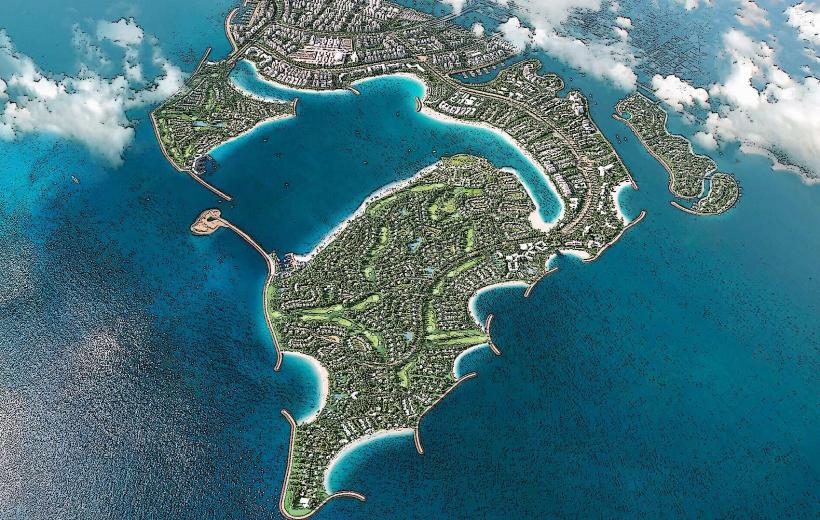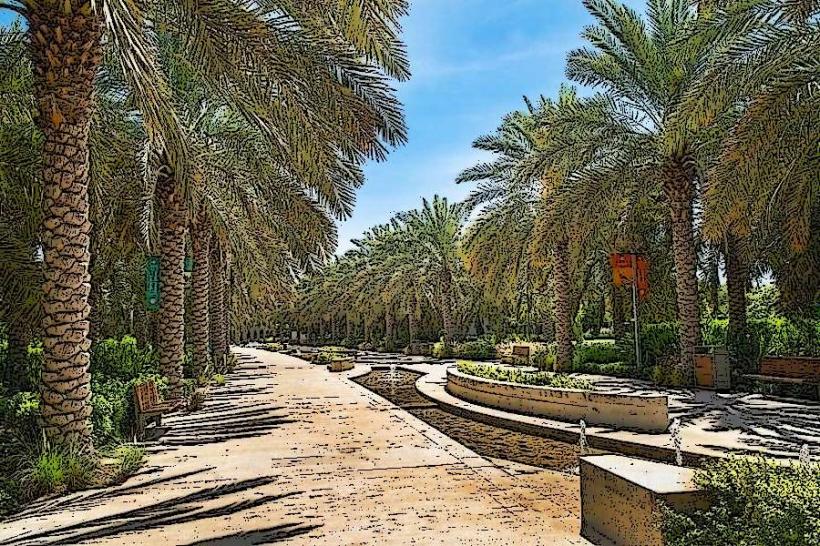Information
Country: United Arab EmiratesContinent: Asia
United Arab Emirates, Asia
The United Arab Emirates is a federation of seven emirates on the Arabian Peninsula. Its economy is a global hub for trade, finance, and tourism, characterized by massive infrastructure investments and a state-led push toward a post-oil digital future; the capital is Abu Dhabi, while Dubai is the primary international commercial center.
Visa & Entry Policy
As of January 11, 2026, the UAE utilizes a streamlined digital entry system for major Western nations.
Visa on Arrival: Citizens of the US, UK, and EU receive a free 30-day or 90-day visa (depending on the specific nationality) upon arrival at any international airport.
Free SIM Card: Tourists arriving at Dubai (DXB/DWC) typically receive a complimentary "tourist SIM" with a small amount of data/minutes, which can be topped up via the du or Etisalat (e&) apps.
Requirements: A passport valid for at least six months.
Customs: Strict zero-tolerance laws for narcotics and specific medicines. Travelers must carry a doctor’s prescription for any medication containing codeine or other controlled substances.
Language & Communication
Arabic is the official language. However, English is the de facto primary language for business, service, and daily interaction in cities like Dubai and Abu Dhabi due to the high expatriate population (approx. 88%).
Currency & Payment Systems
The official currency is the UAE Dirham (AED), pegged to the US Dollar at $1 USD = 3.67 AED.
Cashless 2026 Strategy: Dubai is in the final phase of its "Cashless Strategy," aiming for 90% digital transactions by the end of 2026.
Digital Dirham: Following retail trials in late 2025, the Digital Dirham (CBDC) is now integrated across all licensed financial institutions for real-time, blockchain-powered settlements.
NFC & Wallets: Apple Pay, Google Pay, and Samsung Pay are universal. The Nol card (Dubai) and Hafilat card (Abu Dhabi) are required for all public transport.
National Transport Grid
Etihad Rail Passenger Service: Launched in early 2026, the passenger rail network now connects 11 cities. High-speed trains travel at up to 200 km/h, linking Abu Dhabi to Dubai in 30–50 minutes and Abu Dhabi to Fujairah in 100 minutes.
Dubai Metro Expansion: The Blue Line project is currently under construction to further link the airport and residential hubs.
Autonomous Transit: In line with the 2030 strategy, 25% of all trips in Dubai are being transitioned to driverless modes; autonomous "flying taxi" vertiports are in early commercial pilot stages at DXB and Palm Jumeirah in 2026.
Digital Infrastructure
5G & 6G Transition: 5G standalone (SA) coverage is at 99.5% of populated areas. As of January 7, 2026, the UAE TDRA has officially launched the National 6G Initiative, beginning formal standardization for next-generation connectivity slated for 2030.
Biometric Entry: Dubai has implemented a "Contactless Hotel Check-in" system using unified biometric IDs, allowing guests to bypass reception desks citywide.
Climate & Seasonality
Winter (Nov–Mar): Ideal travel window; temperatures between $18°C$ and $28°C$.
Summer (Jun–Sep): Extreme heat, often exceeding $45°C$ with high humidity. Outdoor activities are restricted to early morning or late evening.
Storms: Intense rain and flash flooding can occur between December and May.
Health & Safety
As of January 2026, international advisories suggest Exercise a High Degree of Caution due to regional tensions and the threat of terrorism.
Crime: Personal crime and theft remain extremely low.
Behavioral Laws: Strict laws apply to online behavior (defamation on social media), public displays of affection (PDA), and photographing government/military buildings.
Health: Tap water is safe for bathing but most residents prefer bottled or filtered water for drinking. MERS-CoV remains a minor regional risk; avoid contact with camels.
Emergency: Police 999; Ambulance 998; Fire 997.
Top 3 Major Regions & Cities
Abu Dhabi: Political capital; home to the Louvre Abu Dhabi and Sheikh Zayed Grand Mosque.
Dubai: Global tourism and tech hub; site of the Burj Khalifa and Palm Jumeirah.
Sharjah: Cultural capital of the UAE, known for its museums and heritage districts.
Local Cost Index
1L Water: 2.50 AED ($0.68 USD)
1 Domestic Beer (0.5L): 40.00 AED ($10.90 USD) - Only in licensed venues
1 Monthly Mobile Plan (10GB+): 213.00 AED ($58.00 USD)
Facts & Legends
The UAE is home to the Burj Khalifa, the world's tallest building. Local folklore includes the Umm al-Duwais, a beautiful female spirit who lures men into the desert. Historically, the emirates were known as the "Trucial States" before federation in 1971. A notable geographical phenomenon is the "Red Tide" (algal blooms) that occasionally affects the coast. In 2026, the Dubai Creek Tower continues to redefine the skyline as a new global landmark alongside the Museum of the Future.

